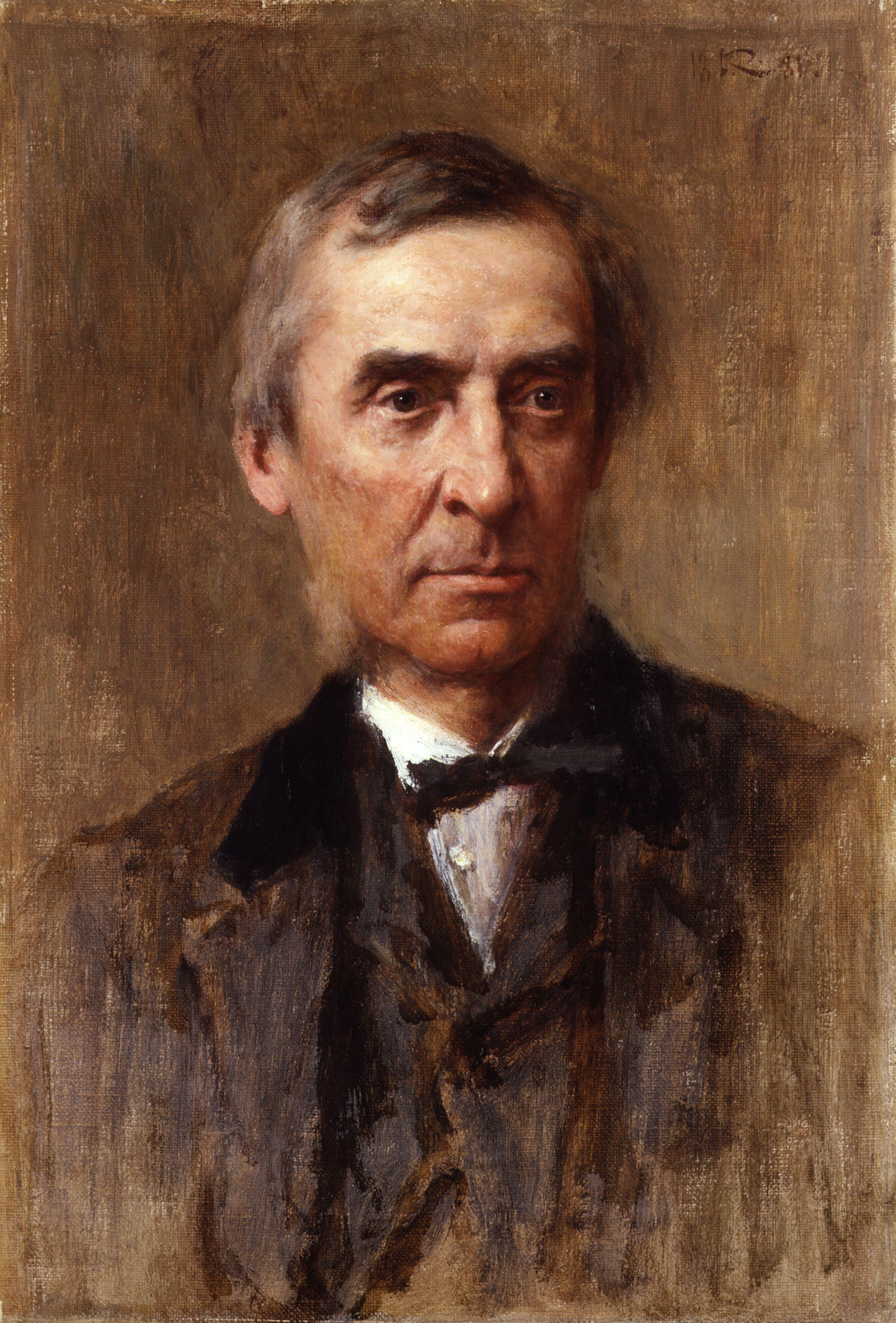James Anthony Froude: Zitate auf Englisch
Preface, Second edition (21 June 1849), added in response to some controversies and rumors caused by the publication of the first edition of his novel. There were no changes made in the text of the novel itself.
The Nemesis of Faith (1849)
“You cannot dream yourself into a character; you must hammer and forge yourself one.”
Markham Sutherland's father, quoted in Letter I.
The Nemesis of Faith (1849)
“I cannot think the disputes and jealousies of Heaven are tried and settled by the swords of earth.”
Letter II
The Nemesis of Faith (1849)
“I cut a hole in my heart and wrote with the blood.”
On the writing of his novel The Nemesis of Faith (1849), in a letter to Charles Kingsley, as quoted in Doubting Clerics : From James Anthony Froude to Robert Elsmere via George Eliot (1989) by Rosemary Ashton
Reported in Josiah Hotchkiss Gilbert, Dictionary of Burning Words of Brilliant Writers (1895), p. 62.
Arthur's second commentary
The Nemesis of Faith (1849)
Bunyan (1880), Ch. X, p. 175; a 2005 edition is also available from Kessinger Publishing ISBN 1-417-97107-X
Preface, Second edition (21 June 1849)
The Nemesis of Faith (1849)
“We call heaven our home, as the best name we know to give it.”
Confessions Of A Sceptic
The Nemesis of Faith (1849)
Arthur's second commentary
The Nemesis of Faith (1849)
The Divorce of Catherine of Aragon http://books.google.com/books?id=Y1wLAAAAYAAJ&q="The+first+duty+of+an+historian+is+to+be+on+his+guard+against+his+own+sympathies+but+he+cannot+wholly+escape+their+influence"&pg=PA19#v=onepage (1891)
Preface, Second edition (21 June 1849)
The Nemesis of Faith (1849)
Preface, Second edition (21 June 1849)
The Nemesis of Faith (1849)
